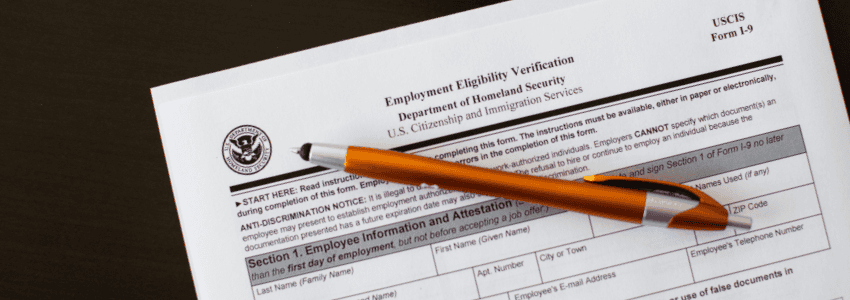Posts
How to Conduct an Internal I-9 Audit
Last Updatedin HR Compliance, Recordkeeping Question of the Week
Federal Employment Poster Requirements for On-Site and Remote Workers
Last Updatedin HR Compliance, Recordkeeping Question of the Week
Avoid Penalties: Maintain a Legal Hiring Process
Last Updatedin Recordkeeping Question of the Week
Contact Us
Clark Schaefer Strategic HR (CSSHR)
10856 Reed Hartman Hwy
Suite 225
Cincinnati, OH 45242

Clark Schaefer Strategic HR (CSSHR) is recognized by SHRM to offer Professional Development Credits (PDCs) for SHRM-CP® or SHRM-SCP® recertification activities.
The information provided on this website does not, and is not intended to, constitute legal advice; instead, all information, content, and materials available on this site are for general informational purposes only. Readers of this website should contact their attorney to obtain advice about their particular situation and relevant jurisdiction. This website contains links to other third-party websites. These links are only for the convenience of the reader, user or browser; Clark Schaefer Strategic HR (CSSHR) does not recommend or endorse the contents of the third-party sites.




